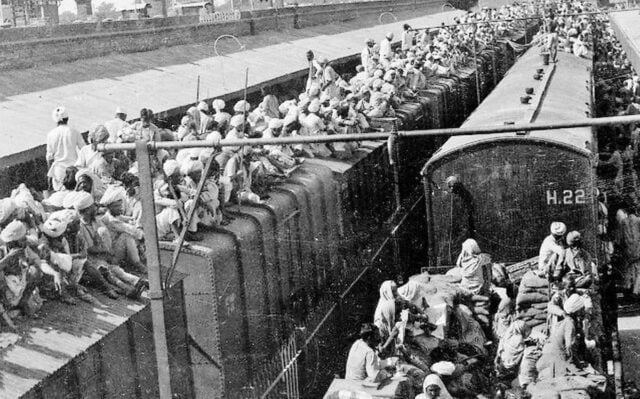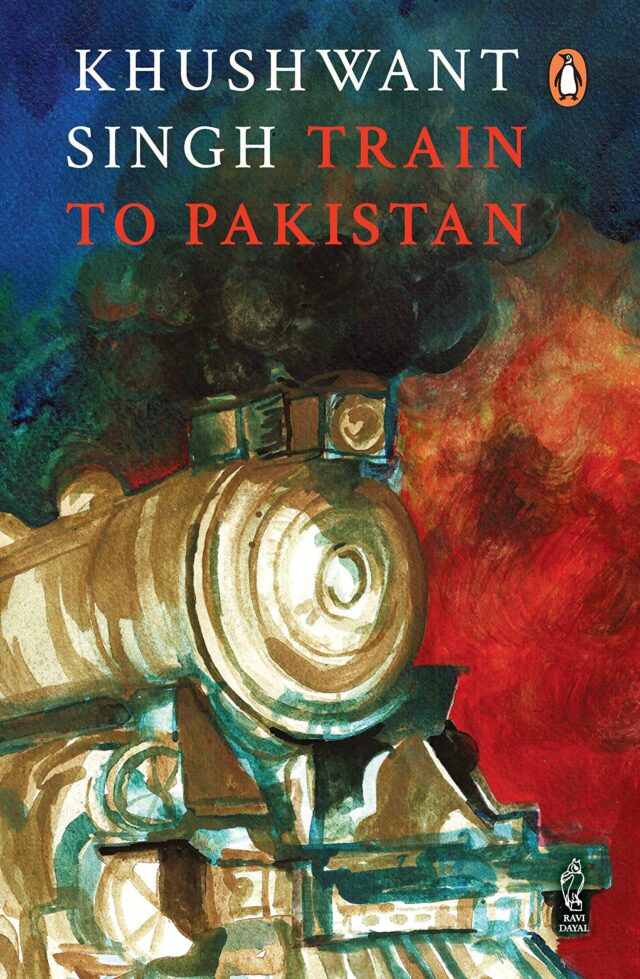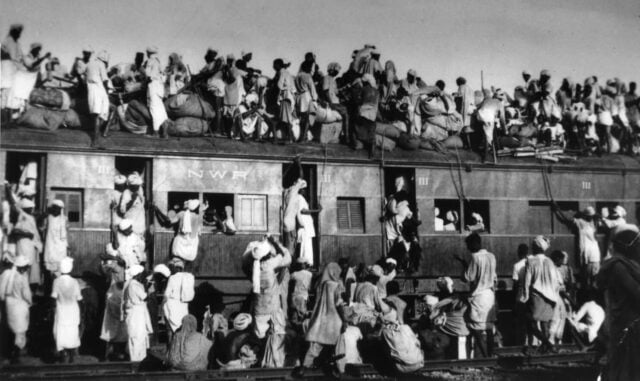Khushwant Singh’s remarkable novel “Train to Pakistan” was published in 1956. It is about a fictional village called Mano Majra during the partition. However, its historical setting does not make it devoid of highlighting contemporary problems.
The country is brimming with rage over how the Hathras rape case is being handled. Last Wednesday, the police employed their power against the girl’s family and burned her body without their consent.

The unchecked control that the police exercise in our country is an indication of injustice, an overgrowing sense of helplessness, and a loss of faith in the constitution.
However, the agency to exercise such power lies not in the hands of all, but of a few men who stand at the highest rungs of the hierarchy. Such an institution has always been an omnipresent problem in India, and we are socially becoming aware of this only now.
A Tryst With Destiny
On the midnight before 15th August 1947, Jawaharlal Nehru made a speech that informally recognised India as a new and independent republic. It is in this speech that he circumscribed the victory of India’s freedom struggle with the beginning of a new dawn for India.
Read More: What Evils Did These Writers See With Post Partition India Which Made Them Question Independence?
However, on the same day, the partition also started, which displaced millions of Hindu and Muslims from their homes and incited a riot that killed millions of people.
The trauma of the event cannot be neglected from the making of our nation. The memory of partition has been kept alive in works of literature, where the intersectional oppression of women and minorities is a crucial aspect of it.
Train To Pakistan
Khushwant Singh’s novel crafts a story surrounding the separation of Hindus and Muslims in Mano Majra and captures the perspectives of all the characters going through the same in different scenarios.
However, the novel manages to touch upon a lot of other aspects that force the reader into considering the multifaceted problems of partition.

In a particular incident, Iqbal Singh, a Sikh social activist, is arrested by the local police in suspicion of the murder of the rich Hindu money lender Lala Ram Lal. Hukum Chand is the magistrate who orders the arrest of Iqbal and keeps him in prison to misinform the village that Iqbal was a Muslim who conspired against Hindus.
He aimed to spread fear and hatred among the Hindu villagers against Muslims so that the latter could be forced to leave from an otherwise harmonious place, while the culprits were set free.
On the day of his arrest, Iqbal cries, “you have no right to arrest me like this,” to which the police respond, “Babu Sahib, we are only doing our duty.”
In their tryst with “duty,” humanity and honesty are laid to rest in a grave. Many police officers who inflict violence against people in protests could cry the same hooliganism (yes, we are referring to the violence against students during the CAA protests), but the institutional injustice would remain.
Iqbal is written off as a Muslim part of the Muslim League, although he was an educated worker. Iqbal also noted that his class position had encouraged the police to treat him more politely, while Jaggu, a local dacoit, was treated badly given his lower caste position.

Later on, we are given Jaggu’s experience as well, where he recounts an experience of abuse in which he was tortured physically for days without food or water. The sub-inspector felt “elated” when Jaggu remembered this event before he was taken for interrogation.
The Ghost Of The Past
In the end, the train leaves with the Muslim villagers to Pakistan, which is saved from Sikh rebels by a particular character (no spoilers!). However, the themes of corruption that the book highlights is reflective of modern police institutions as well.
The police have immense authority and are unchecked. The novel is a stark reminder of how this injustice has prevailed for a long time and how it is time to bring about necessary changes to make the system that maintains law and order more sincere.
Images Credits: Google Images
Sources: Train to Pakistan, The Indian Express, The Diplomat
Find the Blogger: @aiswaryanil
This post is tagged under: partition of india, india and pakistan, what happened during the partition, why did the partition happened, who wrote train to pakistan, train to pakistan, khushwant singh, jawaharlal nehru, indian independence movement, nationalism, hathras case, indian nationalism, police brutality, police, cops, police brutality in india, indian muslims, hindutva, hinduism, india pakistan border, history of indian partition, emotional trauma
Other Recommendations:
How Did The Partition Of India Lead To The Development Of A New Food Culture?





























